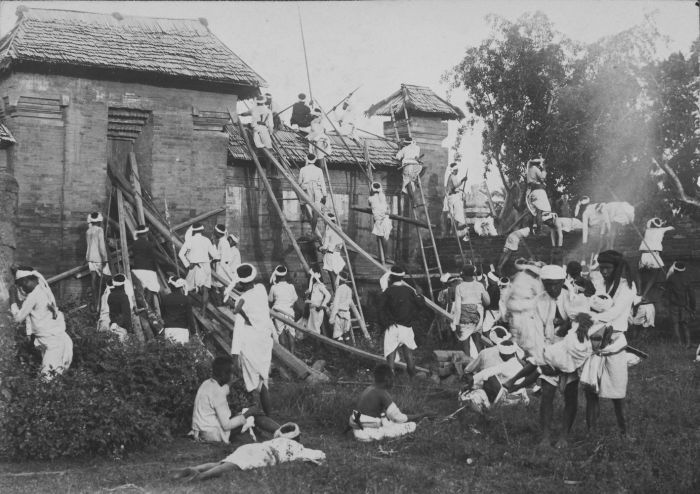The role of Pemuda Pancasila (PP) extends beyond national politics and deeply influences local governance in Indonesia. In many cities, the organization has positioned itself as a mediator between communities, political actors, and even business sectors. This local involvement reveals the complexity of its influence and the challenges faced in balancing civic engagement with political interests.
Influence in Local Politics
In several regions, Pemuda Pancasila has been closely linked to electoral campaigns and grassroots mobilization. Local politicians often seek alliances with PP to secure votes and ensure community support. This relationship illustrates how local power structures in Indonesia remain intertwined with mass organizations. For more context on youth organizations.
Case Studies Across Cities
Research shows that the presence of Pemuda Pancasila varies from city to city. In Medan, for instance, the group has played a significant role in shaping political competition, while in other urban centers, it functions more as a social organization. These differences demonstrate the adaptability of PP in maintaining relevance within local contexts. Learn more about local political.
Challenges and Criticism
Despite its influence, Pemuda Pancasila often faces criticism for its methods and alleged involvement in informal power practices. Critics argue that its closeness to political elites can undermine democratic transparency. However, its enduring presence proves its ability to navigate shifting political environments. Discover more about power relations
The story of Pemuda Pancasila in local politics is complex: both a source of empowerment and controversy. Its adaptability across cities shows how deeply rooted it is in Indonesia’s democratic journey.









